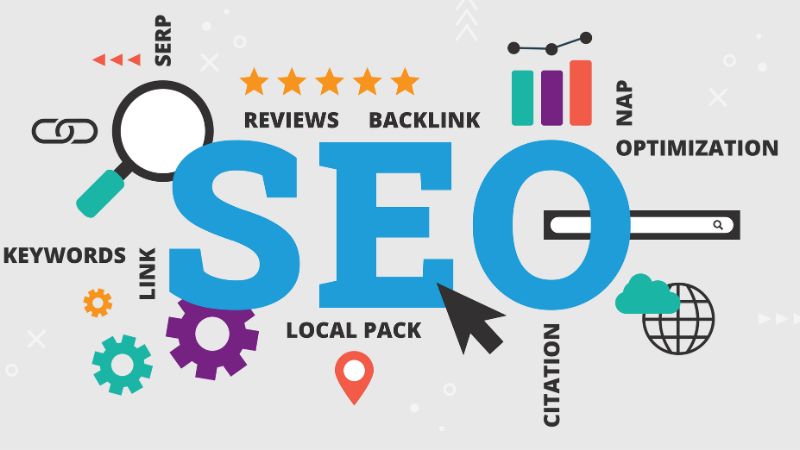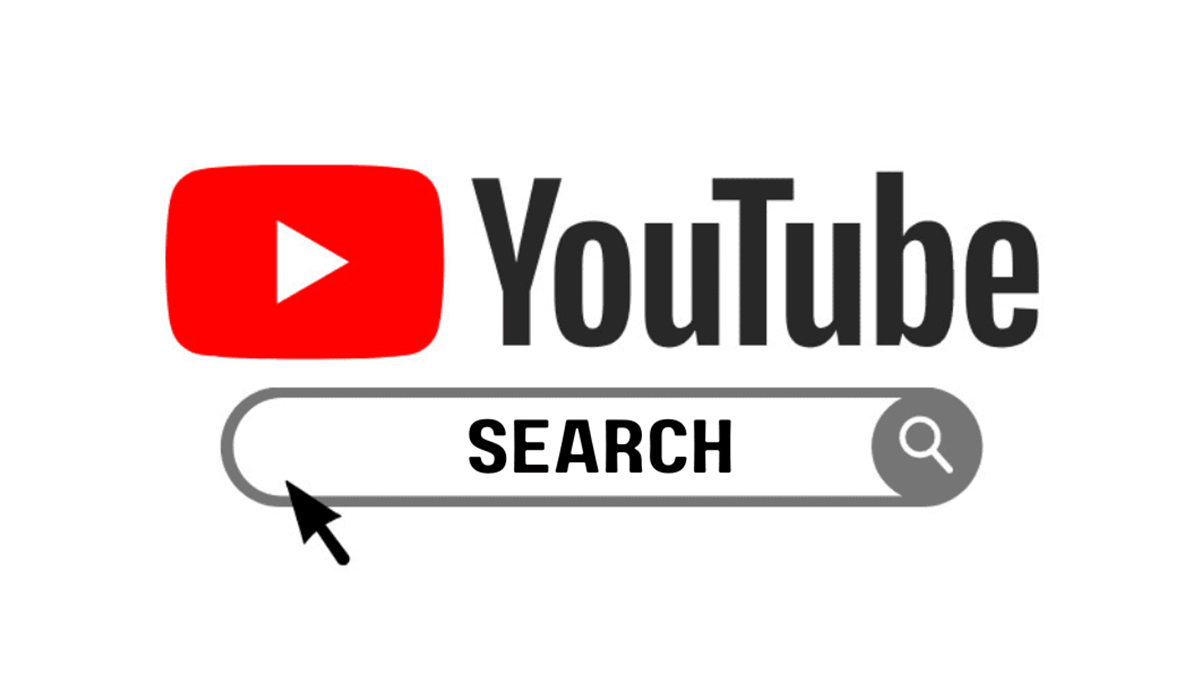What is On-Page SEO?
On-page SEO, also referred to as on-site SEO, involves optimizing specific web pages to improve their search engine rankings and drive organic traffic. This process involves optimizing various elements within the web page, such as content, HTML source code, and meta tags, to make them more search engine-friendly. On-page SEO encompasses tasks such as keyword research and usage, optimizing meta descriptions and title tags, improving website speed and mobile-friendliness, and enhancing the overall user experience. By focusing on on-page SEO, website owners can make their content more relevant to search engine algorithms and ultimately improve their visibility and ranking in search engine results pages. This, in turn, can lead to increased organic traffic and more opportunities for user engagement and conversions. Here is a detailed look at its usage and importance:

-
Title Tags and Meta Descriptions
Title tags and meta descriptions are HTML elements that directly influence click-through rates from SERPs. They should be concise, and relevant, and include targeted keywords to attract both search engines and users.
-
Heading Tags (H1, H2, H3, etc.)
Heading tags structure the content and help search engines understand the hierarchy of information on the page. Proper use of heading tags not only improves readability but also enhances SEO by emphasizing important keywords.
-
URL Structure
A clean and descriptive URL structure not only helps users understand what the page is about but also assists search engines in crawling and indexing content efficiently. Including relevant keywords in URLs can positively impact SEO.
-
Keyword Optimization
Strategic placement of keywords throughout the content, including in headings, paragraphs, and image alt texts, helps search engines understand the topic and relevance of the page. It is important to avoid keyword stuffing, which can lead to penalties.
-
Content Quality and Relevance
High-quality, informative content that satisfies user intent is paramount for on-page SEO. Content should be unique, well-written, and address the needs and queries of the target audience. Regular updates and fresh content also signal relevance to search engines.

-
Internal and External Links
Linking relevant pages internally within your website improves navigation and distributes page authority. External links to reputable sources can enhance credibility and authority, benefiting SEO. However, it’s essential to ensure all links are natural and contextually relevant.
-
Image Optimization
Images should be optimized with descriptive filenames and alt texts that include relevant keywords. Optimized images not only improve accessibility but also contribute to overall SEO efforts by appearing in image search results.
-
Page Speed and Mobile Friendliness
Fast-loading pages and mobile-friendly designs are critical ranking factors. Optimizing images, leveraging browser caching, and minimizing CSS and JavaScript can significantly improve page speed, enhancing both user experience and SEO.
-
Schema Markup
Schema markup, or structured data, provides search engines with additional context about the content on your page. Implementing schema markup can lead to rich snippets in SERPs, enhancing visibility and click-through rates.
-
User Experience (UX)
A positive user experience, including intuitive navigation, clear calls to action, and a responsive design, not only keeps visitors engaged but also signals to search engines that your site is valuable and relevant. This can indirectly impact rankings.
Importance of On-Page SEO
On-page SEO forms the foundation of any successful SEO strategy for several compelling reasons:

Visibility and Ranking: Proper optimization improves your chances of ranking higher in search engine results, increasing visibility and attracting organic traffic.
Relevance: By aligning content with targeted keywords and user intent, on-page SEO ensures that your pages appear in front of the right audience at the right time.
User Experience: Optimized pages provide a seamless user experience, leading to lower bounce rates and higher engagement metrics, which are favorable signals to search engines.
Competitive Advantage: Effective on-page SEO distinguishes your website from competitors, especially in competitive industries, by ensuring your content is more discoverable and compelling.

Conclusion
On-page SEO techniques is essential for any website aiming to improve its search engine rankings and attract organic traffic. By focusing on optimizing content, structure, and user experience, businesses can create a solid foundation for long-term SEO success.



